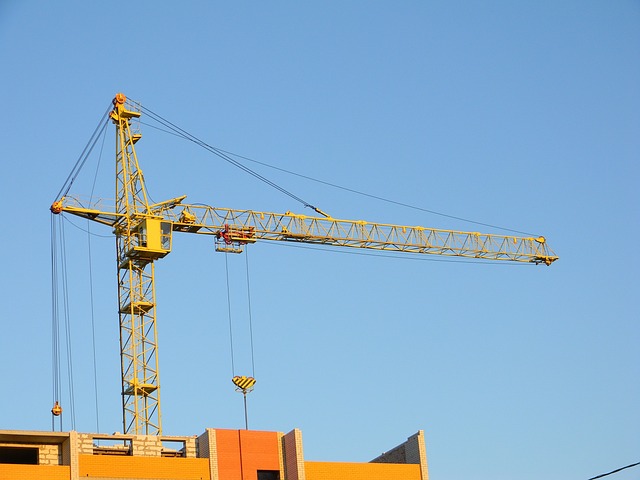Cranes are indispensable machines on construction sites and in the industrial sector. They effortlessly lift heavy loads and significantly increase project efficiency. To continue performing optimally, regular maintenance of these cranes is essential. In this blog, we discuss why maintaining top condition for cranes is so important.
An effective maintenance schedule is vital for vehicles constantly exposed to heavy loads and extreme weather conditions. Regular checks for rust, wear, and potential damage are essential, with immediate repairs needed to prevent further issues. Explore the options of crane painting for more information.
Additionally, using durable coatings and finishes, such as stainless steel parts and corrosion-resistant paint, is crucial to maintain the structural integrity of the vehicle, even under the toughest conditions. Consider also applying an anti-rust treatment to key parts of the vehicle to provide protection against corrosion. Opt for covered storage facilities whenever possible to protect vehicles from direct exposure to weather conditions, which can significantly extend their lifespan.
Lastly, use high-quality greases and lubricants on moving parts to reduce friction and minimize wear, especially for vehicles subjected to heavy loads. Implementing these measures is essential to prolong the lifespan of vehicles in harsh conditions and optimize performance. Therefore, it is necessary to perform regular maintenance and take proactive steps to minimize damage from weather conditions.
Why maintenance is crucial:
Safety: Regular maintenance of cranes ensures workplace safety. By identifying and addressing potential defects in a timely manner, accidents and injuries are prevented.
Reliability: A well-maintained crane is reliable and consistent in its performance. This minimizes the risk of breakdowns and delays in projects, ensuring productivity remains high.
Extended lifespan: By conducting regular maintenance, the lifespan of cranes is significantly extended. This saves companies significant costs that would otherwise be spent on premature replacement or repairs.

